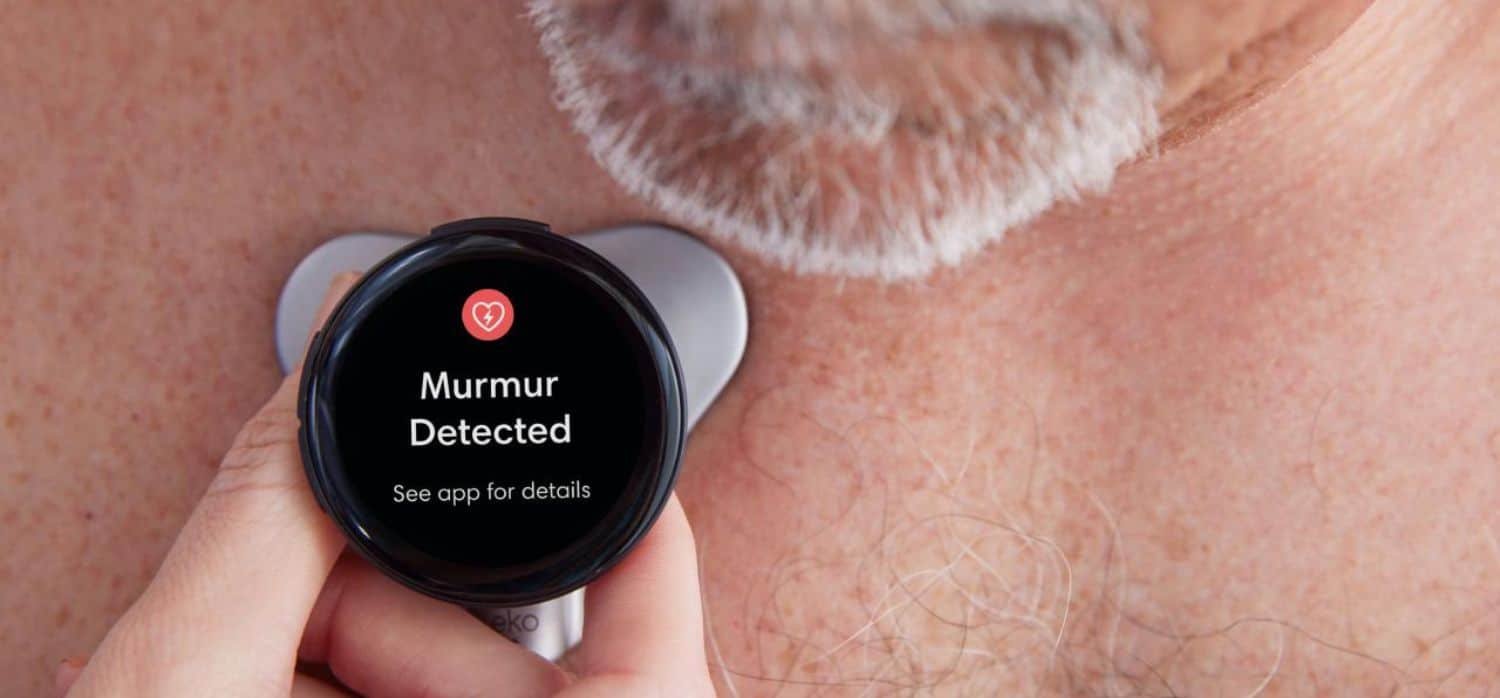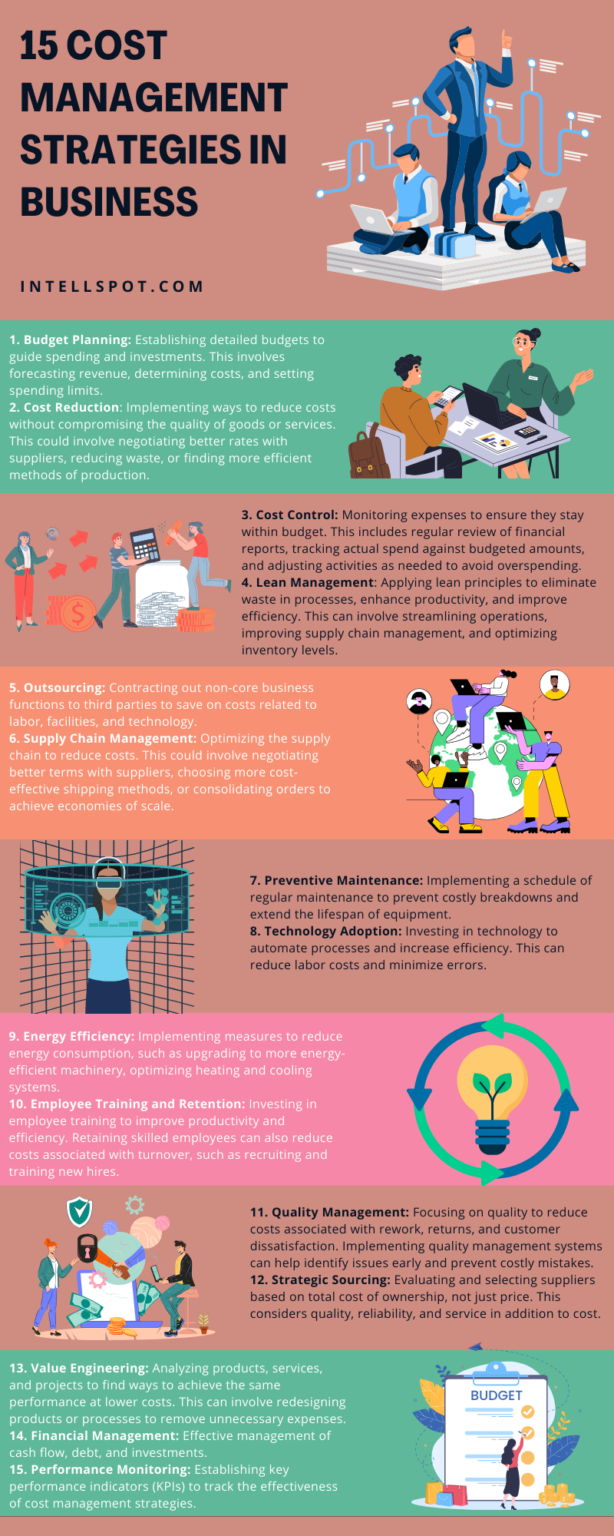Table of Contents
ToggleThese days, cardiovascular disease remains a leading cause of death worldwide, so early detection and consistent monitoring are crucial for managing heart health effectively. With the rise of personalized medicine, healthcare is moving toward individualized approaches, promising better outcomes. One of the most exciting developments in this space is the integration of wearable technology and artificial intelligence (AI). These advancements offer significant potential to transform how we detect and monitor cardiovascular health.
The Current State of Cardiovascular Disease Detection
Cardiovascular diseases account for a staggering number of health issues globally. Traditional methods like electrocardiograms (ECGs), blood tests, and physical exams have been the mainstay of detection and monitoring. However, these routine methods often involve invasive procedures and sporadic monitoring, which do not always provide an accurate picture of a person’s cardiovascular status.
The Role of Wearable Technology in Cardiovascular Health
Wearable technology, from smartwatches to fitness trackers and even implantable devices, is changing the landscape of health monitoring. These devices can continuously track vital signs such as heart rate and blood pressure, presenting a more comprehensive view of an individual’s health. Some wearables are even designed to detect specific conditions, like atrial fibrillation, offering alerts before conditions worsen. The continuous data stream from these devices helps in identifying trends that might be missed in traditional, periodic health evaluations.
Artificial Intelligence in Cardiovascular Disease Monitoring
The application of AI and machine learning in healthcare is opening new frontiers. AI can analyze data collected from wearables, providing predictive insights into potential cardiovascular events. This technology can process vast amounts of information, identifying patterns and anomalies that might indicate an impending health issue. For instance, AI algorithms are used to enhance the accuracy of cardiovascular diagnoses and improve patient monitoring systems, ushering in a new era of preventive care.
Personalized Medicine: Tailoring Detection and Monitoring to Individual Needs
Personalized medicine aims to customize healthcare based on genetic data, lifestyle factors, and personal medical histories. In cardiovascular health, this approach can mean tailor-made monitoring programs that consider each individual’s unique risk factors and health conditions. Initiatives around personalized monitoring are already showing promise, offering insights that lead to timely interventions and ultimately better patient outcomes.
Future Trends and Innovations
Emerging technologies like nanotechnology and biosensors are on the horizon, set to augment existing detection and monitoring capabilities. The integration of these technologies with electronic health records (EHRs) and telemedicine platforms represents a significant evolution in healthcare delivery. Yet, even as these technologies promise efficiency and enhanced medical insight, they also raise important ethical and privacy considerations, like data protection and consent.
Real-World Applications and Case Studies
Several hospitals, clinics, and research institutions are already leveraging wearable technology and AI for cardiovascular disease detection and monitoring. Initiatives in these settings demonstrate significant improvements in patient management and outcomes. Patients themselves report a sense of empowerment and confidence in being able to monitor their health continuously. These real-world applications underline the tangible benefits of embracing these advanced technologies.
Challenges and Limitations
Despite the promise, there are technical and logistical challenges that need addressing. Concerns about data accuracy, battery life of devices, and the potential for information overload complicate deployment. Regulatory and ethical issues must also be navigated, particularly around data privacy and obtaining patient consent. Additionally, the cost of cutting-edge technologies might limit accessibility, necessitating strategies to make these advancements available to diverse populations.
As a final note, this convergence of wearable technology and AI represents a significant leap in cardiovascular disease management. As we continue to explore its vast potential, it’s crucial for healthcare providers, researchers, and policymakers to collaborate in developing and implementing these solutions. By doing so, we can hope to usher in an era of healthcare that is more predictive, personalized, and ultimately, preventative.
For those interested in the intersection of AI and health technologies, I invite you to [explore more news like this on my blog].
Source: futurehealth.com






